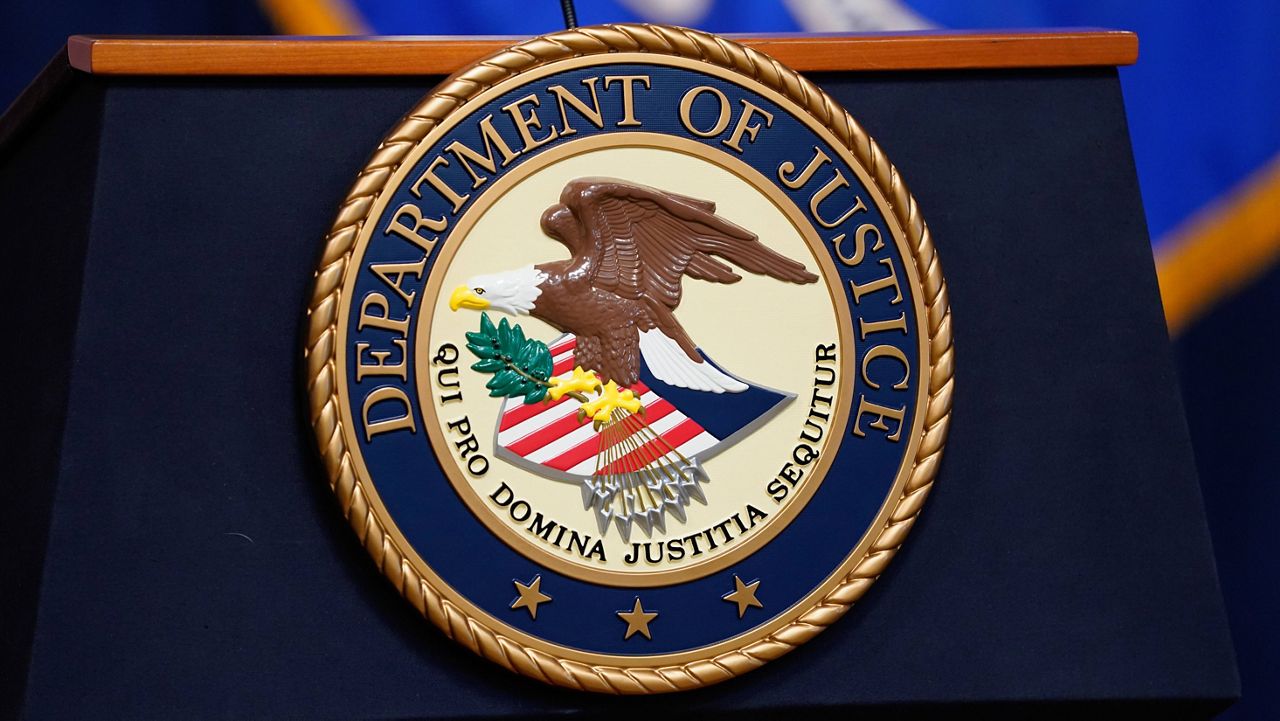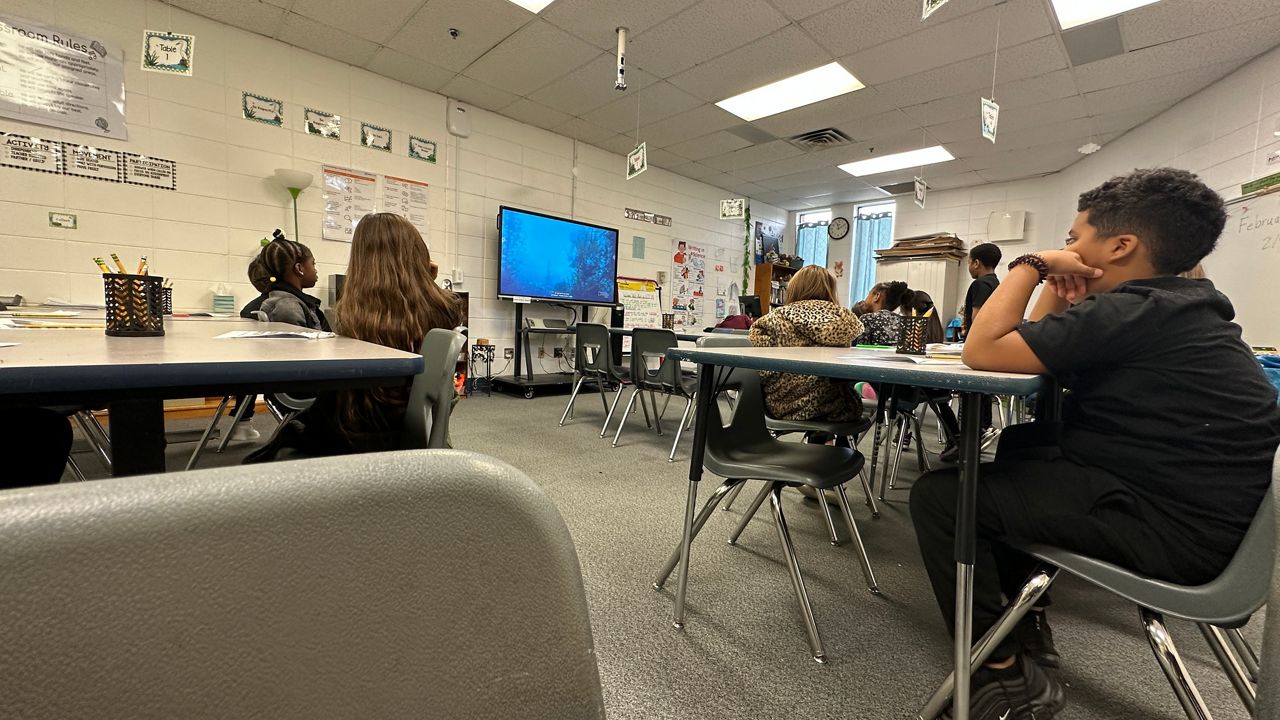LOUISVILLE, Ky. — The United States is challenging a Kentucky regulation that provides reduced in-state tuition for undocumented immigrants, according to a news release from the U.S. Department of Justice.
The DOJ filed the complaint in the Eastern District of Kentucky, saying the law “unconstitutionally discriminates against U.S. citizens, who are not afforded the same privilege, in direct conflict with federal law.”
The challenge follows a similar lawsuit against the state of Texas.
“No state can be allowed to treat Americans like second-class citizens in their own country by offering financial benefits to illegal aliens,” said U.S. Attorney General Pamela Bondi. “The Department of Justice just won on this exact issue in Texas, and we look forward to fighting in Kentucky to protect the rights of American citizens.”
In the complaint, the U.S. aims to stop a Kentucky regulation requiring public colleges and universities to provide reduced in-state tuition rates for undocumented immigrants who are deemed to be Kentucky residents.
The regulation conflicts with a federal law that prohibits public institutions of higher education from providing benefits to people who are living in the U.S. illegally that are not offered to U.S. citizens, the Justice Department said.
The Texas suit listed the State of Texas as the defendant but did not name the state’s Republican governor as a defendant. The suit in Kentucky names Gov. Andy Beshear, D-Ky., as one of the defendants.
The Kentucky regulation in question appears to have been issued by the state’s Council on Postsecondary Education before 2010, Beshear’s office said Wednesday in a statement.
Beshear was first elected governor in 2019.
Beshear spokeswoman Crystal Staley said the governor has no authority to alter the regulations of the education council, or CPE, and should not be a party to the lawsuit.
“Under Kentucky law, CPE is independent, has sole authority to determine student residency requirements for the purposes of in-state tuition and controls its own regulations,” Staley said in the statement.
A spokeswoman for CPE, another defendant in the case, said Wednesday that its general counsel was reviewing the lawsuit and regulation but had no additional comments.
President Donald Trump recently signed two executive orders aiming to “ensure illegal aliens are not obtaining taxpayer benefits or preferential treatment.”
Laya Gilpin - Digital Producer
Laya Gilpin is a digital producer for Spectrum News 1 in Louisville, Kentucky. She joined Spectrum News as a television producer in 2021 and was promoted to digital producer in 2025. She received her Bachelor of Arts Degree, Communication Arts and Media from Concord University in West Virginia in 2020.











